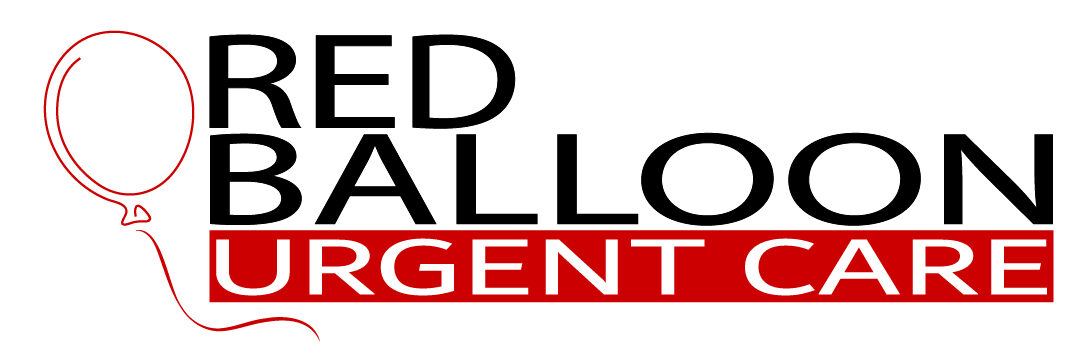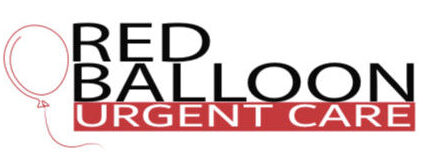Allergies
Symptoms and Treatment Types
Common Symptoms of Allergies with Kids
Respiratory Allergies
Allergic Rhinitis (Hay Fever):
- Sneezing
- Runny or stuffy nose
- Itchy nose, eyes, or roof of the mouth
- Watery, red, or swollen eyes
Asthma:
- Shortness of breath
- Chest tightness or pain
- Wheezing
- Coughing, especially at night or during exercise
Skin Allergies
Eczema (Atopic Dermatitis):
- Red, itchy patches on the skin
- Dry or scaly skin
- Crusting or oozing in severe cases
Hives (Urticaria):
- Raised, red, itchy welts on the skin
- Swelling in various areas, including the face, lips, tongue, and throat
Food Allergies
- Tingling or itching in the mouth
- Hives, itching, or eczema
- Swelling of the lips, face, tongue, throat, or other body parts
- Wheezing, nasal congestion, or trouble breathing
- Abdominal pain, diarrhea, nausea, or vomiting
- Dizziness, lightheadedness, or fainting
Insect Sting Allergies
- Swelling at the sting site
- Hives over a large part of the body
- Coughing, chest tightness, wheezing, or shortness of breath
- Anaphylaxis in severe cases (a medical emergency)
Drug Allergies
- Hives
- Itchy skin or rash
- Facial swelling
- Wheezing, nasal congestion, or trouble breathing
- Anaphylaxis in severe cases
Effective Treatment Types for Kids Allergies
Avoidance
Identifying and avoiding allergens that trigger symptoms is crucial. This might include avoiding certain foods, keeping pets out of bedrooms, or using dust mite-proof bedding.
Medications
- Antihistamines: To relieve sneezing, runny nose, and itching (e.g., cetirizine, loratadine).
- Decongestants: To reduce nasal congestion (e.g., pseudoephedrine).
- Nasal Corticosteroids: To reduce inflammation in the nasal passages (e.g., fluticasone, mometasone).
- Leukotriene Modifiers: To block the action of certain immune system chemicals (e.g., montelukast).
- Mast Cell Stabilizers: To prevent the release of histamine and other chemicals (e.g., cromolyn sodium).
Immunotherapy (Allergy Shots or Sublingual Tablets): To gradually desensitize the immune system to specific allergens.
Emergency Treatment
Epinephrine: For severe allergic reactions or anaphylaxis. Epinephrine auto-injectors (e.g., EpiPen) are used to quickly reverse symptoms.
Lifestyle and Home Remedies
- Saline Nasal Irrigation: To flush out allergens from the nasal passages.
- Humidifiers: To keep the air moist and reduce nasal dryness.
- Air Purifiers: To reduce airborne allergens indoors.
- Protective Measures: Using allergen-proof bedding covers, keeping pets out of bedrooms, and regular cleaning to reduce dust mites and mold.
Consultation and Management
It is important for parents to work closely with a pediatrician or an allergist to develop an individualized treatment plan for their child’s allergies. Regular follow-ups and adjustments to the treatment plan may be necessary to ensure effective management of symptoms.
Contact Information
For any questions or concerns regarding your rights, responsibilities, privacy, or HIPAA compliance, please contact:

